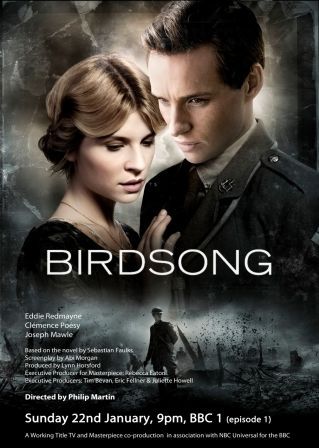
The British movie Dunkirk, starring John Mills, was one of those movies I was really looking forward to. I’m not sure what I expected but certainly nothing as boring as this. Those 135 minutes felt like a mini series. That’s too bad as the story of Dunkirk has a lot of potential or someone like Hugh Sebag-Montefiore wouldn’t have been able to dedicate a 700 pages tome to this story only. As boring as it was at times, it’s not a bad movie but it has the wrong title. It isn’t really about Dunkirk.
Dunkirk tells two parallel story lines and that’s where it fails. One part of the story follows the men around Corporal Tubby Bins (John Mills) who is involuntarily in charge of a group of men cut off from the rest of the army, somewhere behind enemy lines. The other story line focusses on the British civilians who slowly begin to understand that they may no longer be able to stay out of the war and that each and every little contribution is valuable. The stories converge on the beaches of Dunkirk where hundred thousands of British and French soldiers are trapped and waiting to be rescued. This was one of the biggest rescue missions of any war ever. And many of those who courageously helped save others lost their lives.
By dividing the story in two and showing the tragedy of the trapped soldiers only in the last 15 minutes, the movie failed to give an accurate picture. Although Atonement is certainly not a war movie, I thought it captured Dunkirk far better (I attached the scene under the Dunkirk trailer for those who are interested). It’s more sentimental but for my taste Dunkirk was too sober.
Something I liked in the movie Dunkirk was the way they showed how the civilians got dragged into the war. All the scenes on the British home front are far more convincing. I think, if they had called it “Operation Dynamo“, as the rescue mission was called, and if they had considerably cut the John Mills’s scenes, it would have worked better.
It seems that there is a very good TV mini series called Dunkirk as well. I’m going to watch it soon and will let you know if it is any better.




